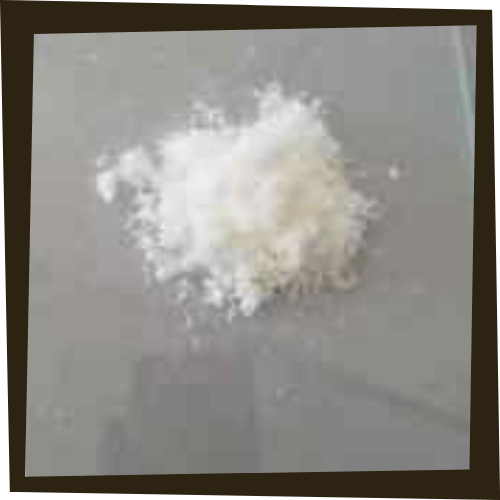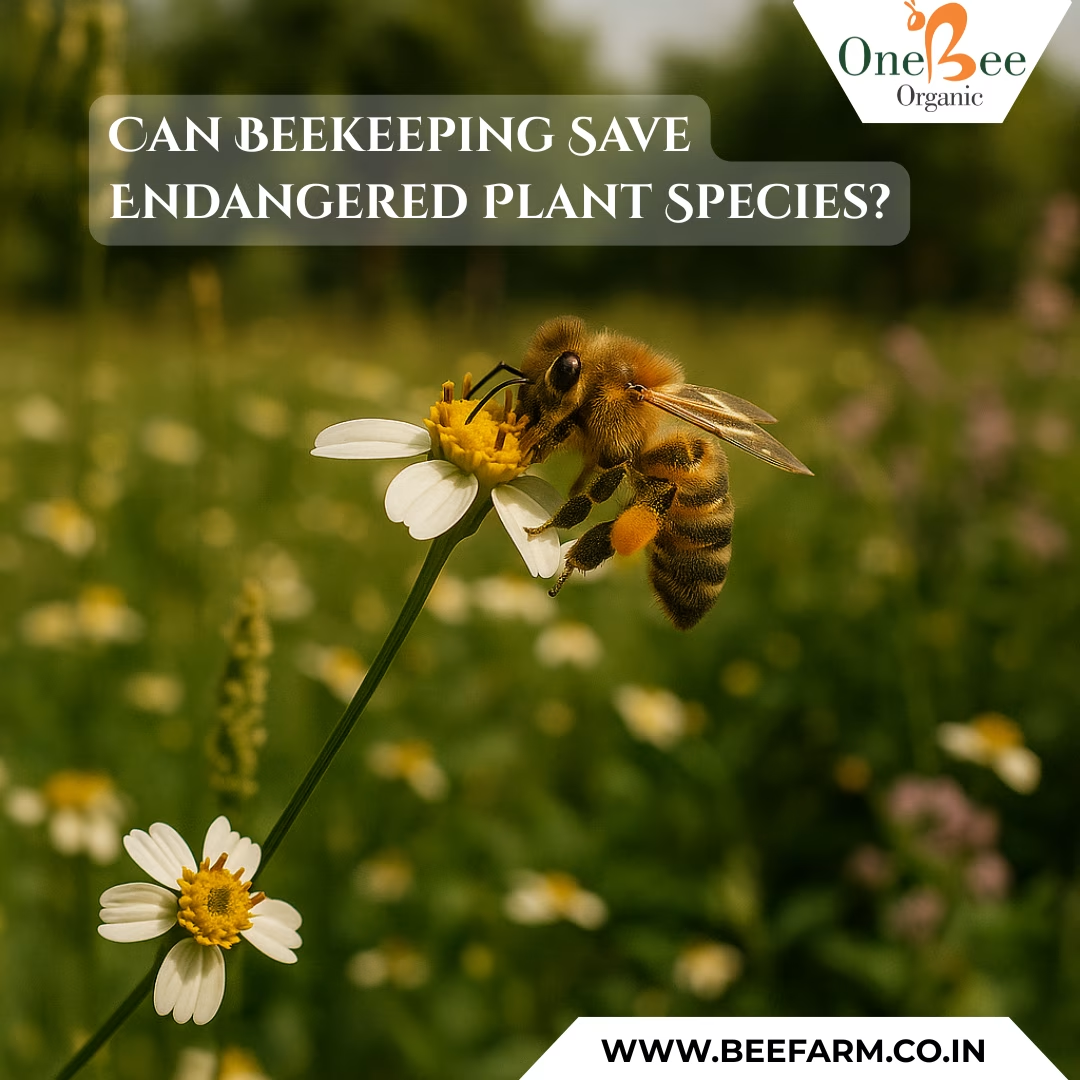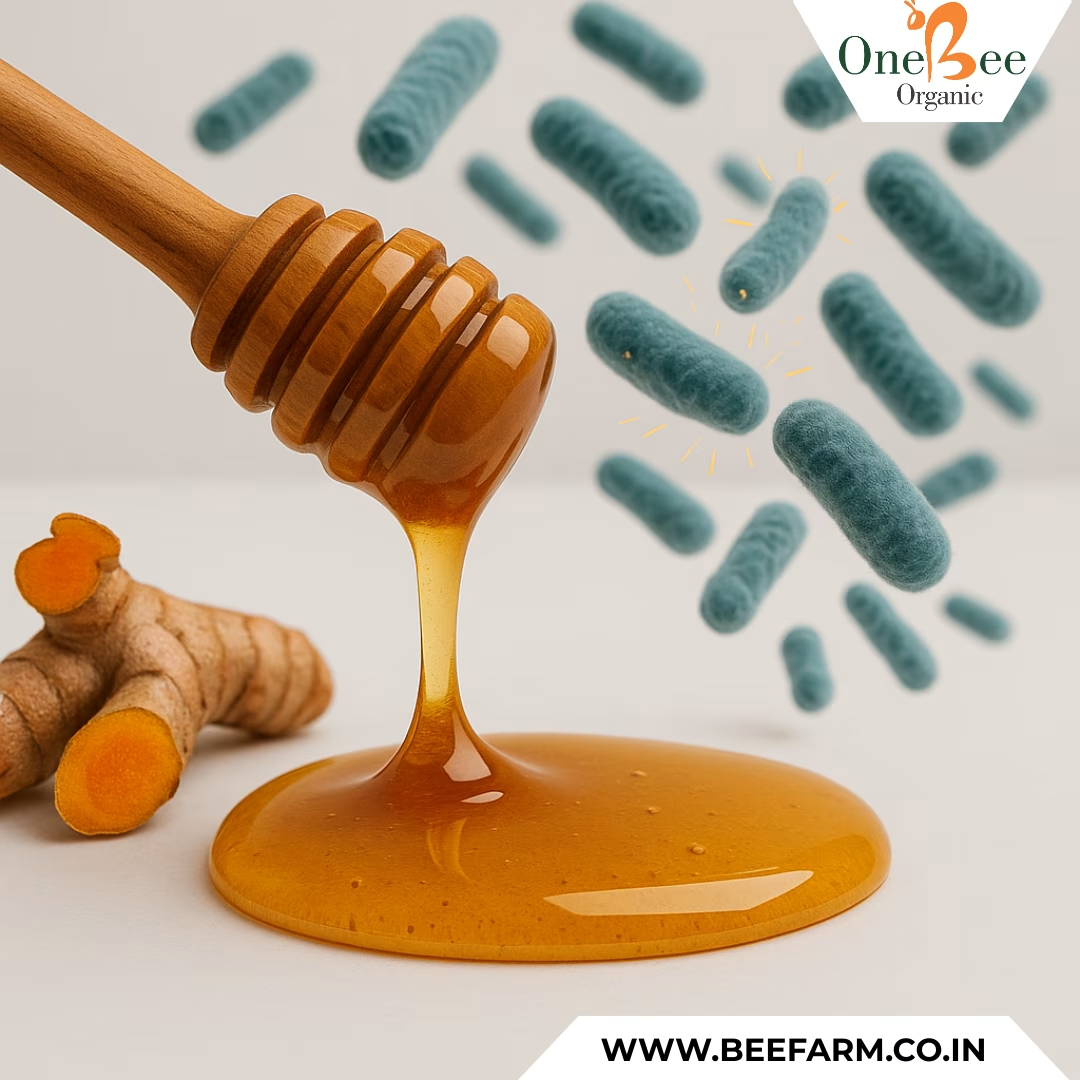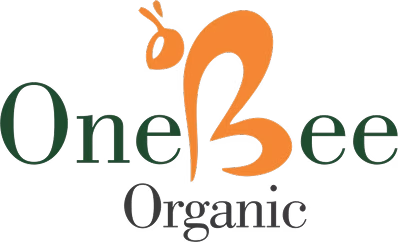Interesting Facts About Bee Venom
Bee venom is a powerful substance that bees produce to defend themselves from predators. It contains a complex mixture of proteins, enzymes, and other compounds. Let’s dive into a few fascinating facts about bee venom:
How Bee Venom Works
Worker bees produce venom in specialized glands within their abdomen. When a bee stings, it releases venom from a sac located near the sting. This venom includes compounds that can cause different reactions in both humans and animals. For example, histamine causes inflammation and swelling, while melittin can damage cells and cause pain.
Bee Venom in Medicine
People have used bee venom for medicinal purposes for centuries. Known for its anti-inflammatory and pain-relieving properties, bee venom can treat conditions like arthritis, multiple sclerosis, and tendonitis. Bee venom therapy, or apitherapy, involves injecting the venom or applying it through patches under professional supervision. Many people have experienced relief from chronic pain through this therapy.
Risks of Bee Venom
While bee venom has therapeutic benefits, it can also pose significant risks if used incorrectly. People allergic to bee venom may experience severe reactions, including anaphylaxis, a life-threatening condition. Therefore, it’s essential to approach bee venom therapy with caution and only under expert guidance.
Key Characteristics of Bee Venom
Bee venom is a rich mixture of biologically active compounds, each with its unique effects. Here are the primary components found in bee venom:
- Melittin: This peptide accounts for 50% of the venom and is known for its potent anti-inflammatory and pain-inducing properties.
- Apamin: This small peptide blocks nerve impulses and affects nerve cell function, making it a potent neurotoxin.
- Phospholipase A2: This enzyme breaks down cell membranes, leading to swelling and inflammation at the site of the sting.
- Histamine: Released by cells in response to injury or allergic reactions, histamine causes swelling, itching, and increased mucus production.
In addition to these, bee venom contains other proteins with antimicrobial, blood-clotting, and immune-modulating effects.








Leave A Comment